Fangtian Zhong
Detecting Backdoor Attacks via Similarity in Semantic Communication Systems
Feb 06, 2025Abstract:Semantic communication systems, which leverage Generative AI (GAI) to transmit semantic meaning rather than raw data, are poised to revolutionize modern communications. However, they are vulnerable to backdoor attacks, a type of poisoning manipulation that embeds malicious triggers into training datasets. As a result, Backdoor attacks mislead the inference for poisoned samples while clean samples remain unaffected. The existing defenses may alter the model structure (such as neuron pruning that potentially degrades inference performance on clean inputs, or impose strict requirements on data formats (such as ``Semantic Shield" that requires image-text pairs). To address these limitations, this work proposes a defense mechanism that leverages semantic similarity to detect backdoor attacks without modifying the model structure or imposing data format constraints. By analyzing deviations in semantic feature space and establishing a threshold-based detection framework, the proposed approach effectively identifies poisoned samples. The experimental results demonstrate high detection accuracy and recall across varying poisoning ratios, underlining the significant effectiveness of our proposed solution.
Upcycling Noise for Federated Unlearning
Dec 07, 2024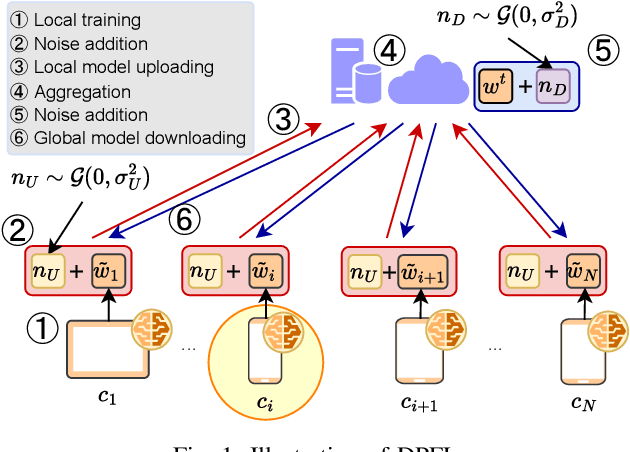
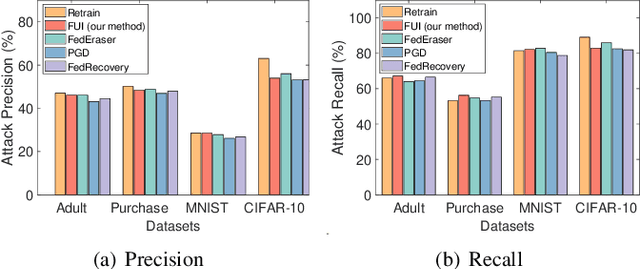
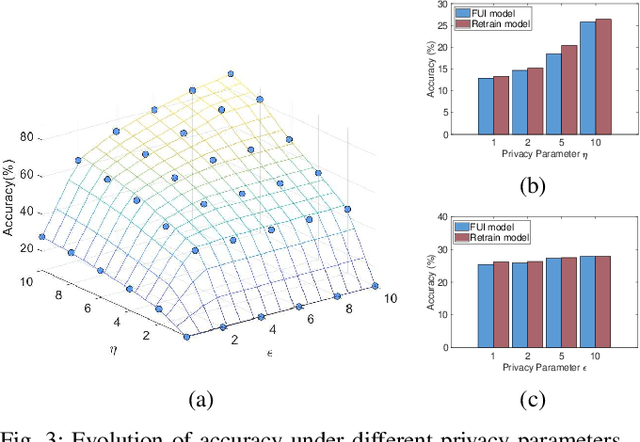
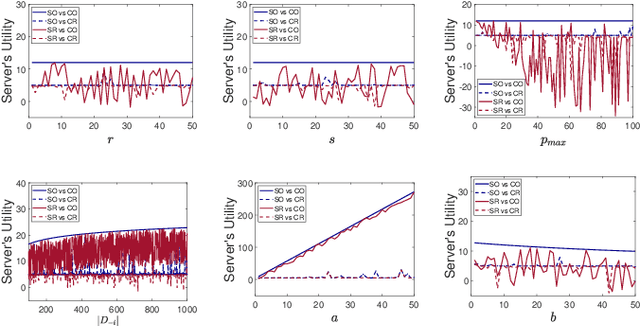
Abstract:In Federated Learning (FL), multiple clients collaboratively train a model without sharing raw data. This paradigm can be further enhanced by Differential Privacy (DP) to protect local data from information inference attacks and is thus termed DPFL. An emerging privacy requirement, ``the right to be forgotten'' for clients, poses new challenges to DPFL but remains largely unexplored. Despite numerous studies on federated unlearning (FU), they are inapplicable to DPFL because the noise introduced by the DP mechanism compromises their effectiveness and efficiency. In this paper, we propose Federated Unlearning with Indistinguishability (FUI) to unlearn the local data of a target client in DPFL for the first time. FUI consists of two main steps: local model retraction and global noise calibration, resulting in an unlearning model that is statistically indistinguishable from the retrained model. Specifically, we demonstrate that the noise added in DPFL can endow the unlearning model with a certain level of indistinguishability after local model retraction, and then fortify the degree of unlearning through global noise calibration. Additionally, for the efficient and consistent implementation of the proposed FUI, we formulate a two-stage Stackelberg game to derive optimal unlearning strategies for both the server and the target client. Privacy and convergence analyses confirm theoretical guarantees, while experimental results based on four real-world datasets illustrate that our proposed FUI achieves superior model performance and higher efficiency compared to mainstream FU schemes. Simulation results further verify the optimality of the derived unlearning strategies.
DCAP: Deep Cross Attentional Product Network for User Response Prediction
May 18, 2021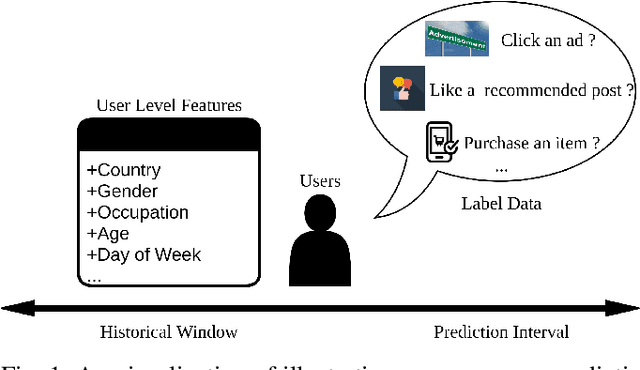
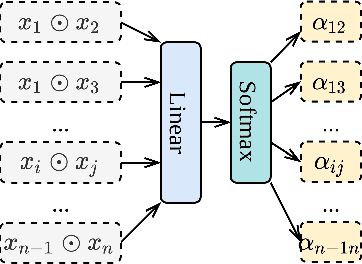
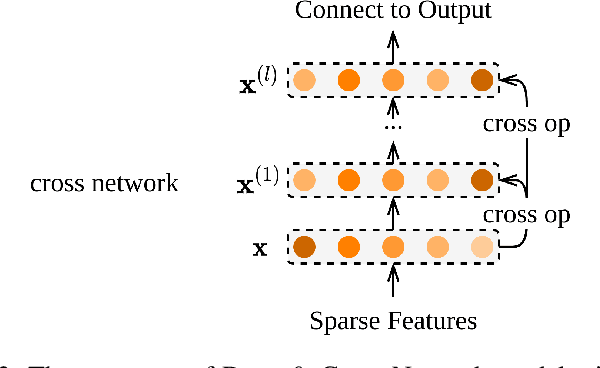

Abstract:User response prediction, which aims to predict the probability that a user will provide a predefined positive response in a given context such as clicking on an ad or purchasing an item, is crucial to many industrial applications such as online advertising, recommender systems, and search ranking. However, due to the high dimensionality and super sparsity of the data collected in these tasks, handcrafting cross features is inevitably time expensive. Prior studies in predicting user response leveraged the feature interactions by enhancing feature vectors with products of features to model second-order or high-order cross features, either explicitly or implicitly. Nevertheless, these existing methods can be hindered by not learning sufficient cross features due to model architecture limitations or modeling all high-order feature interactions with equal weights. This work aims to fill this gap by proposing a novel architecture Deep Cross Attentional Product Network (DCAP), which keeps cross network's benefits in modeling high-order feature interactions explicitly at the vector-wise level. Beyond that, it can differentiate the importance of different cross features in each network layer inspired by the multi-head attention mechanism and Product Neural Network (PNN), allowing practitioners to perform a more in-depth analysis of user behaviors. Additionally, our proposed model can be easily implemented and train in parallel. We conduct comprehensive experiments on three real-world datasets. The results have robustly demonstrated that our proposed model DCAP achieves superior prediction performance compared with the state-of-the-art models.
 Add to Chrome
Add to Chrome Add to Firefox
Add to Firefox Add to Edge
Add to Edge